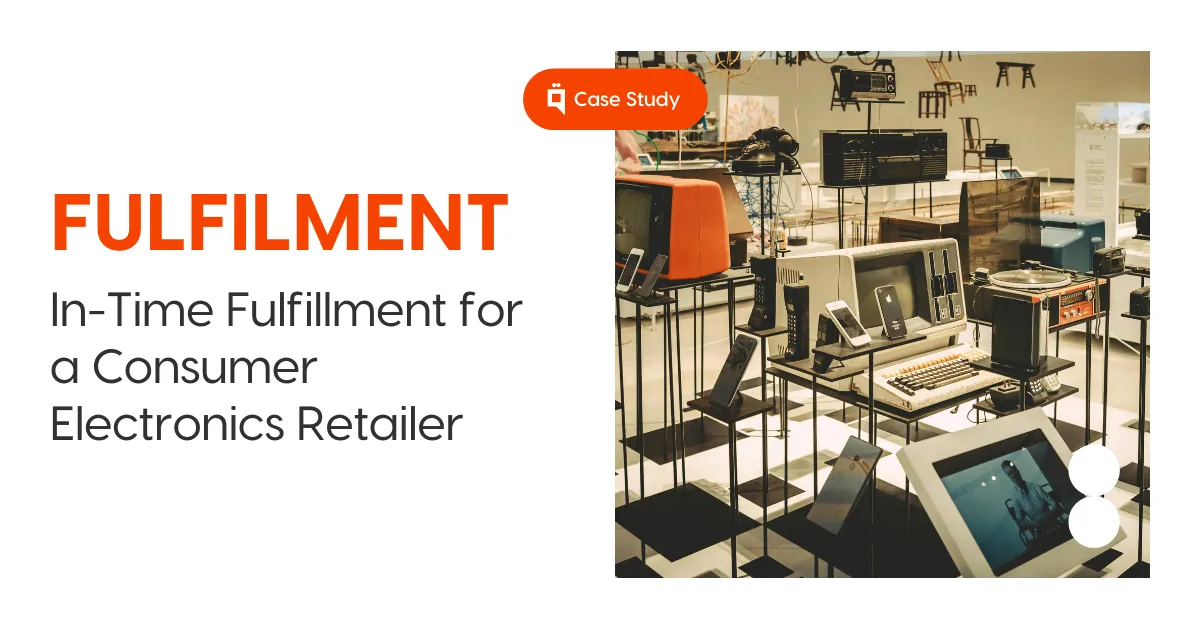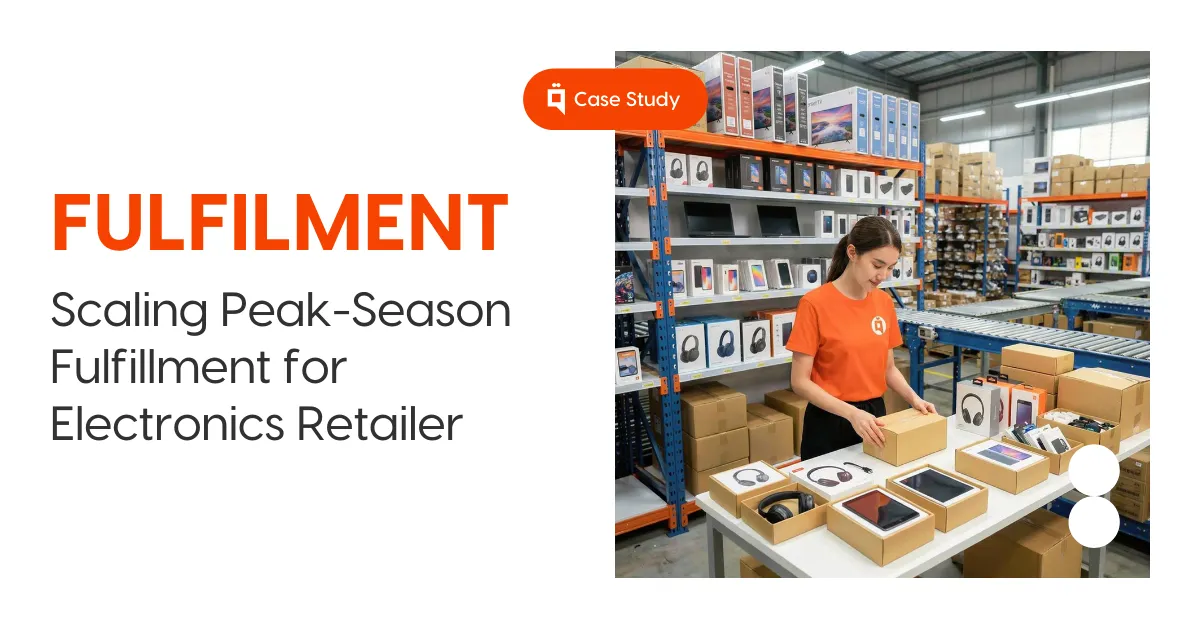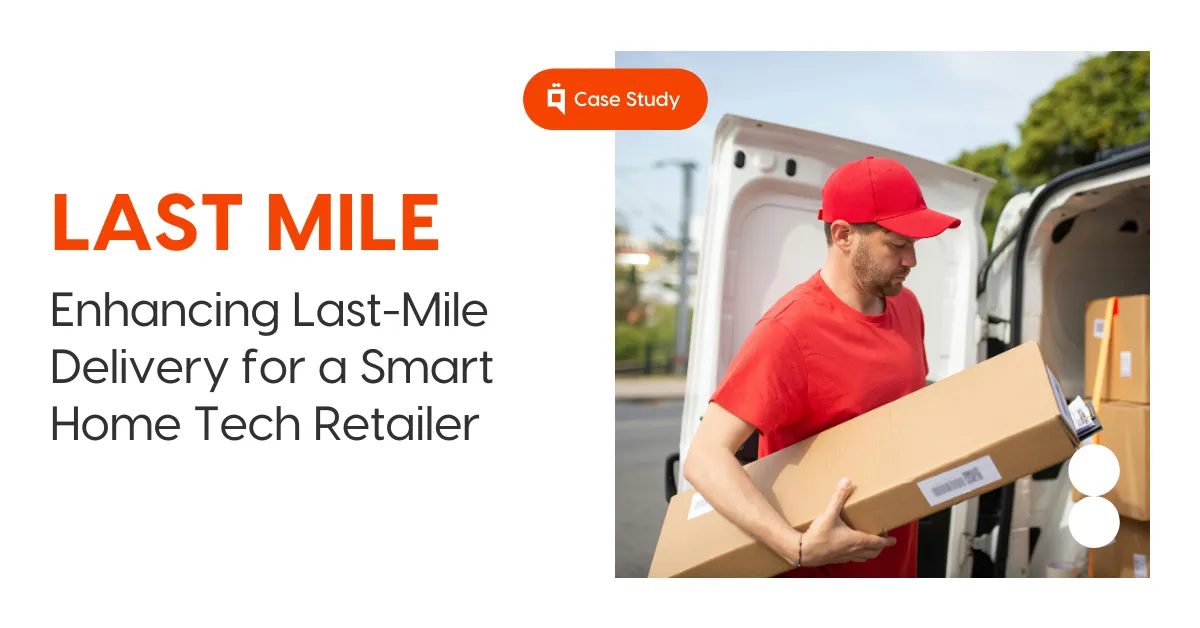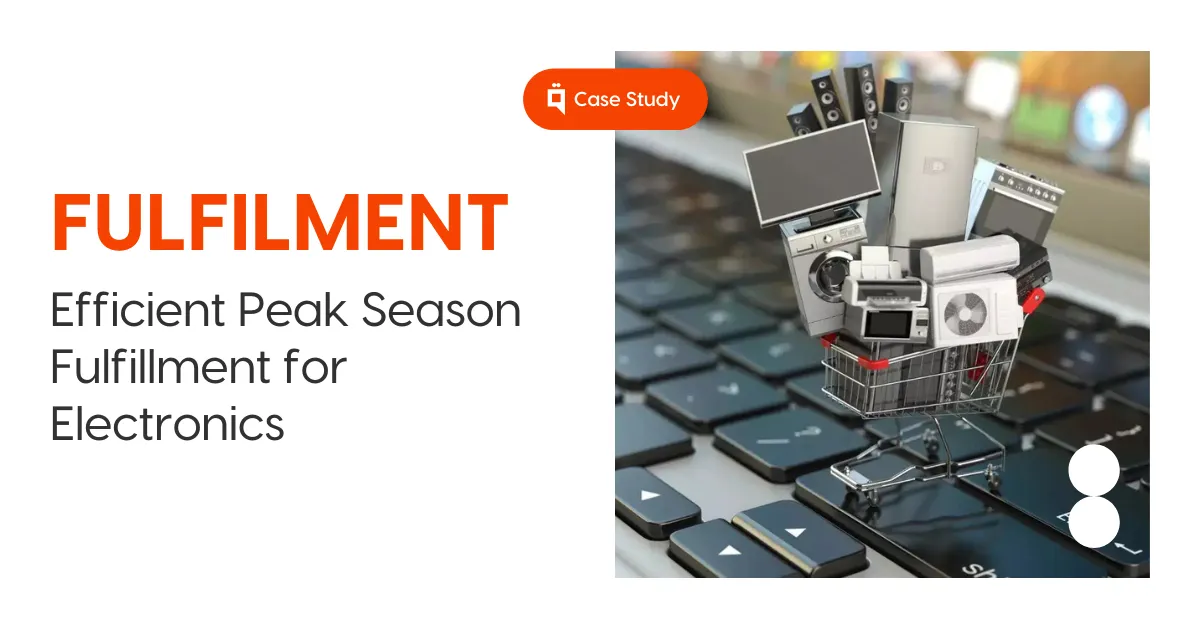ECommerce Packaging Trends and Insights 2026: Monthly Market Update
Zero Backlogs, Faster Deliveries: Qafila’s Peak-Season Fulfillment Success Story for an Electronics Brand Introduction In 2026, eCommerce packaging is being pulled in three directions at once: cost pressure from shipping and returns, rising sustainability expectations, and the need to stand out in a crowded digital shelf. Across markets, the “winning” packaging playbook looks less like […]







